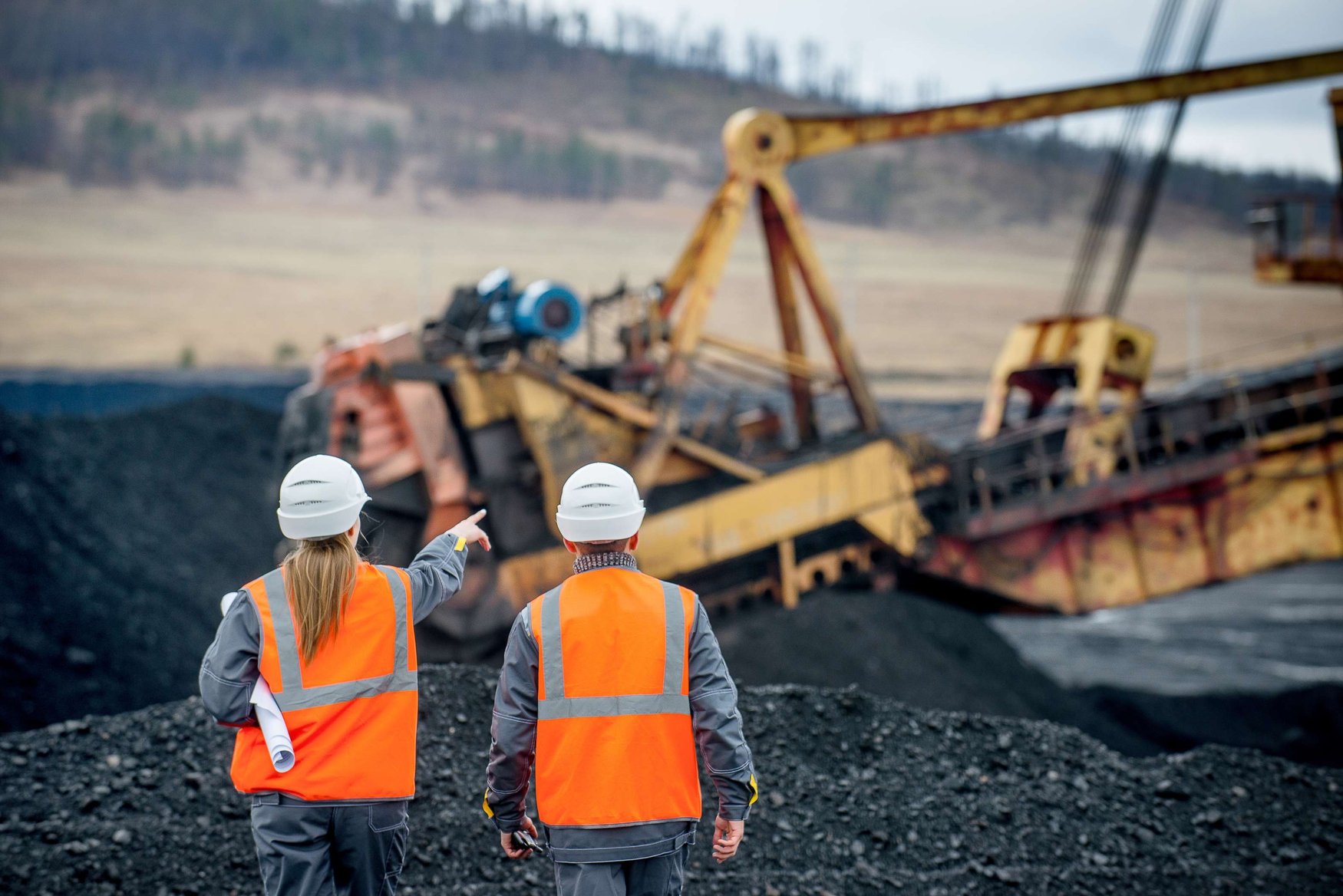5 Steps To Becoming A Mining Engineer

To become a mining engineer, you need to get a relevant degree, a license, develop personal and professional skills, and apply for a job with a mining agency.
Mining is a fascinating job. You get to unearth precious materials and objects sold at a very high price or used to make valuable items such as airplanes.
And being a mining engineer is even more enjoyable. There are many interesting things you can do and several challenges you need to overcome. If you seek a thrill in your job, then a career in mining engineering should be the right fit for you.
What Does A Mining Engineer Do
The primary work of mining engineers is to identify potential mining spots and notice the characteristics of the mining spot. They also estimate the overall amount of the material present inside the mining spot and find any risks associated with mining in that spot and how to mitigate that risk.
After identifying these things, their subsequent activities include selecting the right equipment. Selecting the right equipment is very crucial because wrong equipment in the wrong setup could be life-threatening. This is why mining engineers need to be very careful and thoughtful.
After selecting the equipment, the engineers decide the whole mining process and how the staff and the miners will operate inside the mining area. The engineers will also decide how the materials will be extracted.
So, in short, all the processes related to mining are planned out by the mining engineers. And sometimes, the mining engineers will also determine how they can return the mining sites to their natural state.
The Salary Of A Mining Engineer
The salary range in a Mining Career can vary from place to place. And work experience also determines the salary of each mining engineer. On average, the starting salary for each mining engineer is about $45,000-$55,000. Over time, the salary will increase.
After two to three years, the salary can increase up to $100,000. From this, you can understand that being a mining engineer can be financially beneficial. And not only that, some mining agencies provide additional services as well. These services include transportation service from home to workplace, medical fees for workplace injuries, and so on.
How To Become A Mining Engineer
Now, on to our main topic of how to become a mining engineer. Well, the steps are straightforward - but accomplishing these steps is the hard part. The steps include:
- Getting a bachelor’s degree.
- Getting a license from the state.
- Applying for the job.
- Developing your skills further.
And in this article, we are going to go over these steps in detail.
1. Get A Degree
The first thing that you need to do is to get a degree. You need to have a degree in any of these subjects: Geology, Mine Design, Metallurgy, Mining Operations, Fluid Mechanics, Thermodynamics, Chemistry, and Environmental Reclamation.
Basically, any degree that has subjects related to geology, environment, and mining is required to be a mining engineer. If you have such a degree, then your first step is done.
2. Get A License From The State
Getting a license from the government means that you are qualified to be a professional mining engineer. Each state has its own requirements. If you fulfill those requirements, then you will have to pass some tests.
These tests will determine whether you will get a license. And once you get a license, you can apply for a public mining engineer job.
3. Developing Your Skill
This is something that you need to do after you get a job. We mentioned before that you would be getting a pay raise after working for about two to three years, but that pay raise is not for nothing. You need to develop some skills which will be organized by the agency.
If you successfully hone these skills and pass some tests, you will get a pay rise. So this step is not applicable before getting a job but required if you want to further develop your skill and role as a mining engineer.
4. Personal Skill Requirement
Having a degree is not the only thing that will give you a job. You need to have some personal skill set as well if you want to truly be successful at your job as a mining engineer.
These personal skills are very common, and you need to develop them for all sorts of jobs.
First, you need to have good problem-solving skills. You need to think creatively and find a solution to even the most difficult situations. Because mining is a very difficult job, there will be plenty of challenges. You will have to solve worker complaints and even manage workplace conflict if it arises.
Another personal skill would be to have good designing and computing skills. Mining requires you to design a lot of things, such as mining route, extraction route. It also requires you to compute the total available resources and the number of resources that can be extracted without harming the environment and ensuring the safety of the workers. So having these personal skills is a must for Mining Engineers.
5. Applying For A Job
You have passed the difficult stages. Now all that remains is getting that lucrative job. This is not very hard because there are a lot of job opportunities out there for mining engineers. You can either get a job at a public mining agency owned by the government or a public mining agency owned by a company or an individual.
Public mining agencies have better benefits, while private ones have a higher pay scale. Choose whichever you prefer and apply.
Final Thoughts
Being a mining engineer is a very lucrative job. Not only is the pay good and the benefits are excellent, but you will also have the chance to work with high-tech equipment. All of these make this job very unique. The thrill of discovering a huge deposit of gold or titanium will never cease to amaze you.

Ravindra Ambegaonkar
Ravindra, the Marketing Manager at NY Engineers, holds an MBA from Staffordshire University and has helped us grow as a leading MEP engineering firm in the USA
Join 15,000+ Fellow Architects and Contractors
Get expert engineering tips straight to your inbox. Subscribe to the NY Engineers Blog below.


